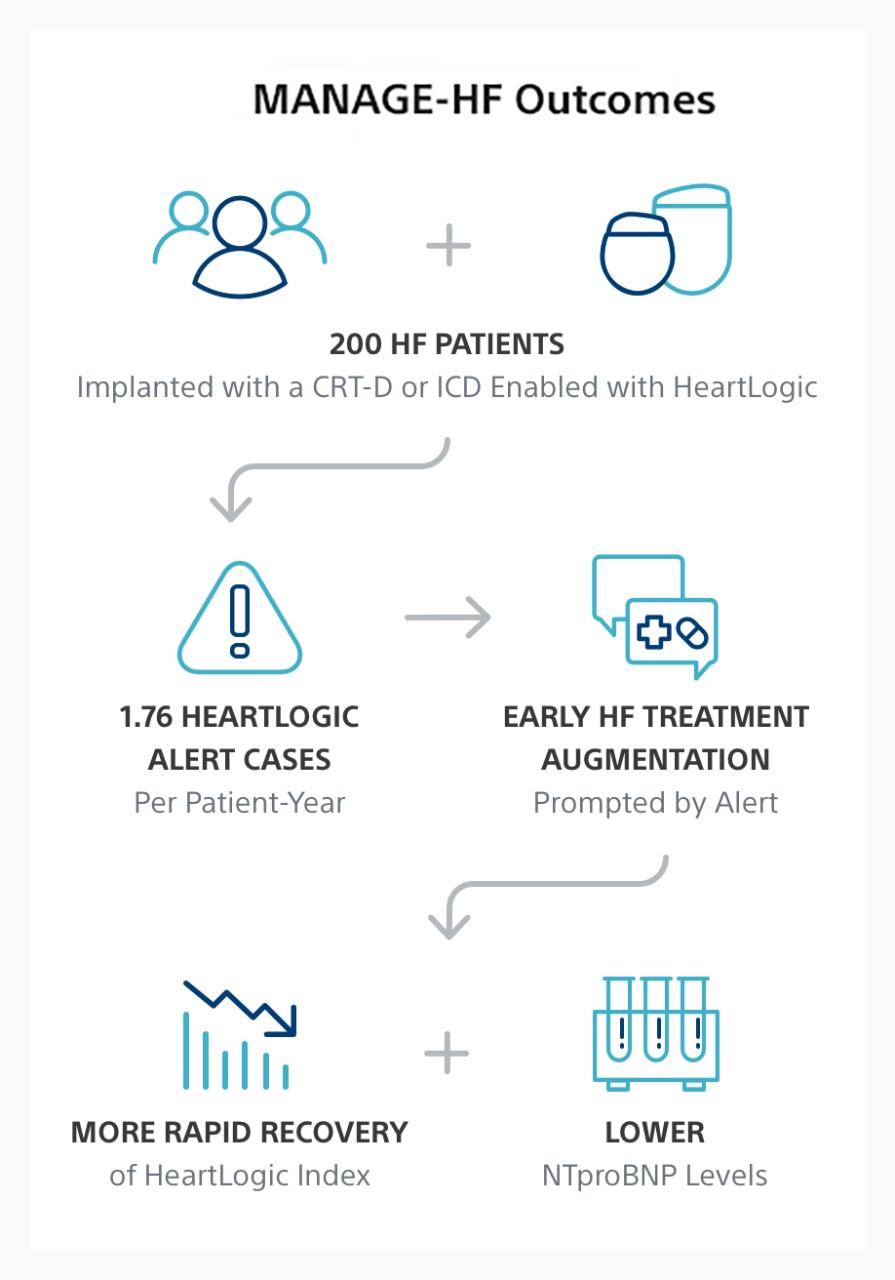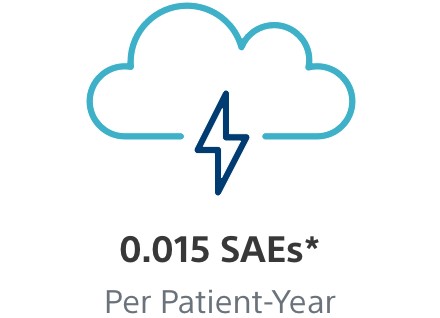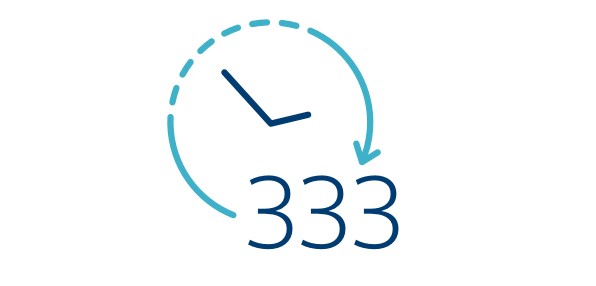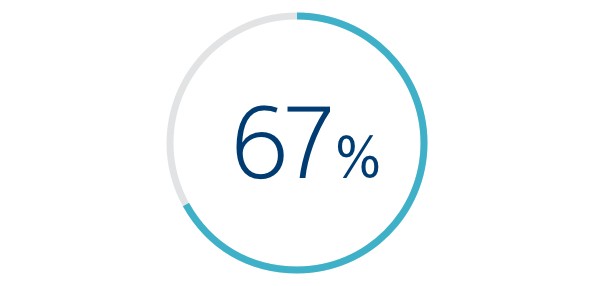About MANAGE-HF1,2
Overview
The MANAGE-HF study is a multi-center, global, prospective, open-label trial which enrolled 200 patients implanted with a CRT-D or ICD enabled with the HeartLogic™ Heart Failure Diagnostic.
Goals
The goal of MANAGE-HF was to evaluate and optimize the integration of HeartLogic into clinical practice for the treatment of heart failure (HF).
Conclusions
HeartLogic was integrated into clinical care safely and early treatment augmentation was associated with more rapid recovery of the HeartLogic index compared to patients with no change in treatment following an alert.

Safe Integration into Clinical Practice
MANAGE-HF study demonstrated that the HeartLogic multisensor algorithm was safely integrated into clinical practice. In 333 patient-years of follow-up:1
- 74% of alert cases prompted augmentation of HF medications relative to pre-alert dose
- HF medications were augmented relative to pre-alert dose within 7 days of 54% of weekly alerts
- 89% of HF medications augmented within seven days of weekly alerts were diuretics
- Only five serious adverse events* (SAEs) in relation to alert-prompted medication changes were reported, which translates to 0.015 SAEs per patient-year
The low number of SAEs in the study suggests that alert-prompted medication changes did not result in overly aggressive heart failure management practices.
*SAEs above were classified as abnormal laboratory values, renal insufficiency/failure, dizziness, or syncope in response to an alert-prompted medication change.1
Early HF Treatment Augmentation
Early decongestive treatment in response to an alert was associated with more rapid recovery of the HeartLogic index compared to patients with no change in treatment following an alert. In addition, HeartLogic was associated with lower hospitalization rates and N-terminal pro b-type natriuretic peptide (NTproBNP) levels.1,2
MANAGE-HF: Study Highlights
- HeartLogic was associated with a 67% reduction in heart failure hospitalizations compared to pre-study, 12-month HF hospitalization rate2
- NTproBNP levels significantly decreased from median 1316 pg/mL at baseline to 743 pg/mL at 12 months (p<0.001)1
- 1.76 alert case/patient-year shown in MANAGE-HF1 was consistent with expectations based on alert case rate previously reported in MultiSENSE3

Sign up for periodic emails and receive a HeartLogic fact sheet to share with your patients’ care teams.
Find out how HeartLogic helps you see patients’ physiologic responses to arrhythmic and pacing changes.
See how HeartLogic consistently detected HF events in real-world analyses of nearly 500 patients in four studies.
LATITUDE NXT™ Remote Patient Management System: Indications, Safety and Warnings
References
1. Hernandez AF, Albert NM, Allen LA et al. Multiple cardiac sensors for management of heart failure (MANAGE-HF)—Phase I evaluation of the integration and safety of the HeartLogic multisensor algorithm in patients with heart failure. JCF 2022;28(8):1245-1254.
https://doi.org/10.1016/j.cardfail.2022.03.349.
2. Hernandez AF, Albert NM, Allen LA et al. Multiple cardiac sensors for management of heart failure (MANAGE-HF) Phase I results. Abstract presented/published at: ESC-HF 2021. June 29-July 1, 2021. Virtual. https://onlinelibrary.wiley.com/doi/epdf/10.1002/ejhf.2297 (Pg 159)
3. Boehmer JP, Hariharan R, Devecchi FG, et al. A multisensor algorithm predicts heart failure events in patients with implanted devices: results from the MultiSENSE study. JACC Heart Fail. 2017 Mar;5(3):216-225. doi: 10.1016/j.jchf.2016.12.011. https://www.jacc.org/doi/full/10.1016/j.jchf.2016.12.011





